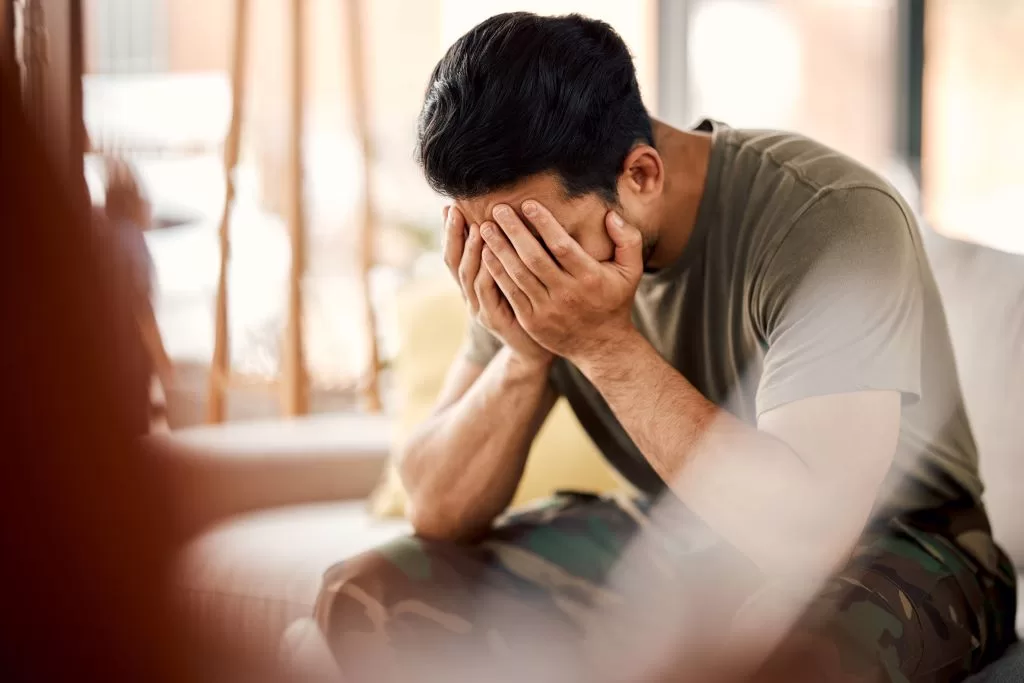Understanding the Mental Health Implications of Living with Psoriasis
Psoriasis isn’t “just a skin condition”
JOHANNESBURG, February 29th, 2024 – Living with psoriasis, a chronic skin condition, is not just about managing physical symptoms. It also has significant mental health and wellness aspects that need to be addressed.

Psoriasis is an autoimmune condition that causes inflammation of the skin. Several types of psoriasis exist, although the most common of these, that affects up to 90% of psoriasis sufferers, is commonly known as plaque psoriasis, and its symptoms include the formation of discoloured and flaky skin patches. (1) These areas are called plaques. Unfortunately, psoriasis is a chronic skin condition, so no matter how successful temporary treatments have proven to be, there is, as yet, no known cure, and it will resurface in patients from time to time. (1)

Because of its plainly visible external appearance, psoriasis can make patients embarrassed about presenting themselves in public or social environments. Self-stigmatisation and the fear of rejection affects their personal, social, and sexual lives, resulting in psychological strain, and even suicidality, that comes from this isolation and sense of shame. (2)

Because psoriasis is often triggered by stress, patients could find themselves in an escalation cycle, in which the psoriasis and depression amplify each other. (2) There is therefore a clear need to address the psychological elements of psoriasis – your mental well-being – alongside its physical aspects, in the pursuit of better outcomes.

According to Medical News Today, mental health professionals – which could include psychologists, counsellors, therapists, clinical social workers, and psychiatrists – should be a part of the team of specialists that provide support to the psoriasis patient. Others include one’s primary care provider, pharmacist and – should one’s budget (or medical insurance) allow – dermatologist, rheumatologist, dietitian, and occupational therapist. (3)

I have psoriasis: How can I guard my mental health?
1.Firstly, seek medical help. This should hopefully reduce the visible presence of psoriasis, thereby helping to restore your self-esteem.
2.Join a support group. It’s very easy to feel that one is alone in dealing with this challenge – a social outcast, if you will. Support groups, however, bring together people with similar challenges, thus lessening the emotional burden of isolation. They also provide an opportunity for people to share first-hand experiences and feelings, coping strategies, or first-hand information about treatments. A support group could well provide that crucial bridge between your medical and emotional needs. (4)
3.Examine your knowledge, and beliefs, about psoriasis, realistically. Know that there isn’t a final “cure”, as such. Well, not as yet. Know that you have some control over the situation and be glad of it, but also manage your expectations about various treatments, and accept their limitations. (5) Understand, too, that psoriasis is just one small part of who you are, instead of something that defines you. (6)

Living with psoriasis requires a two-pronged approach; mental and psychological. It’s essential for both patients and their healthcare providers to recognise and address both these sides of the issue, in pursuit of the patient’s overall well-being.





























